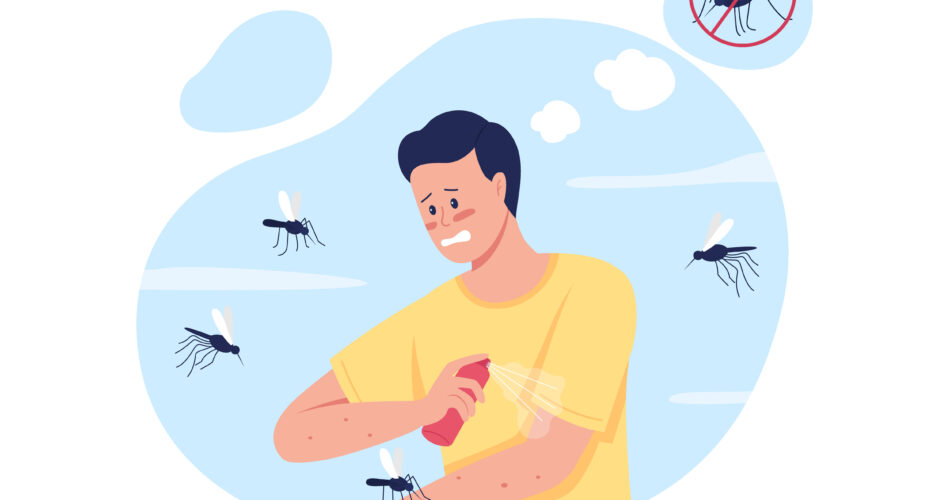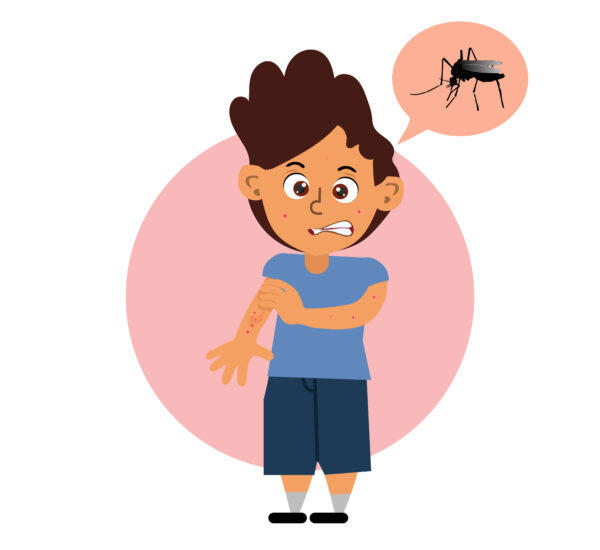In recent years, cases of dengue are rising, making it crucial to find effective techniques for its prevention. This article aims to provide a comprehensive overview of dengue prevention methods. Discover the different approaches and innovative strategies to tackle and address this global issue. Let’s begin!
Understanding Dengue: Causes and Symptoms

Dengue fever is caused by the dengue virus infection, which belongs to the Flaviviridae family. It is primarily spread by the 2 types of mosquitoes. Aedes aegypti mosquito and Aedes albopictus can transmit the virus. The mosquitoes become infected when they bite an infected person in their blood vessels. Once infected, these mosquitoes can then transmit the virus to other individuals through subsequent bites.
Common warning signs of dengue include high fever, severe headache, muscle and joint pain, rash, nausea, and mild bleeding. In some cases, dengue can progress to a severe dengue form known as dengue hemorrhagic fever, which can be life-threatening. Early recognition of symptoms of dengue fever is crucial for timely treatment and preventing complications.
The Role of Mosquitoes in Dengue Transmission
Mosquitoes play a vital role in the transmission of dengue fever. Female mosquitoes require blood meals to develop and lay eggs, and they seek out humans as their preferred source of blood. When a female mosquito bites an infected person, it takes in the dengue virus along with the blood meal. The virus then replicates in the mosquito’s salivary glands, enabling it to transmit the virus to other individuals through subsequent bites.
Transmission of dengue commonly occurs in the tropical areas around the world. That includes Southeast Asia, Africa, South America, etc. Commonly this risk of dengue occurs as the infected mosquito breeds in a specific environment.
Recognizing the Early Signs of Dengue
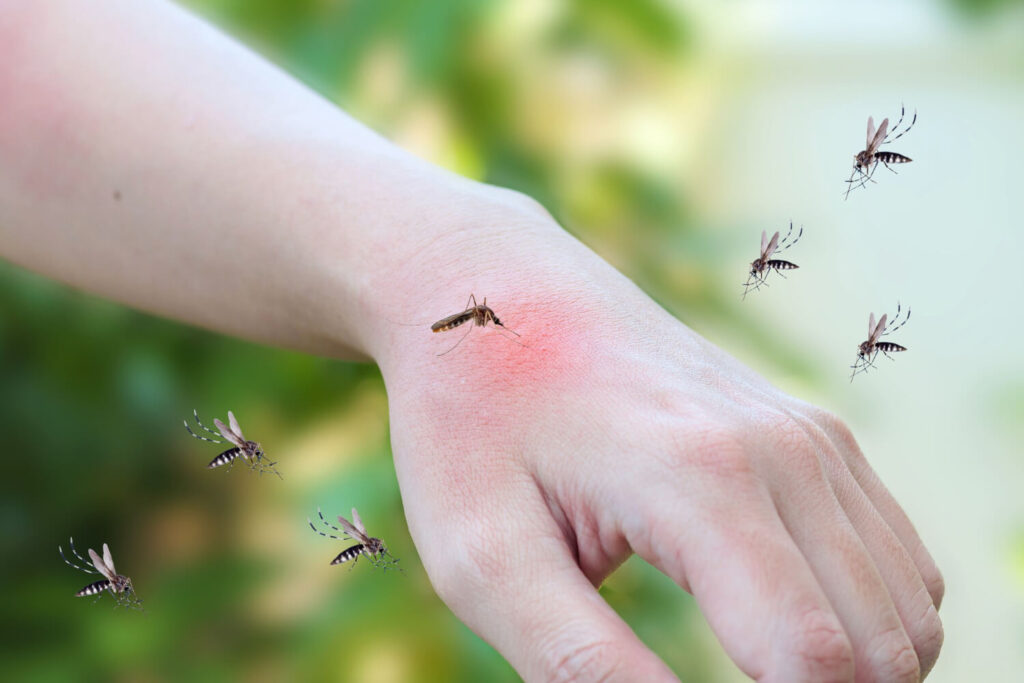
Early recognition of dengue symptoms is essential for prompt medical intervention. Symptoms typically appear within 4 to 7 days after the mosquito bite and can last up to 10 days. Common symptoms mentioned earlier are just some of the warning signs to recognize. If prolonged fever occurs, your immune system might have been compromised. The best way to address these warning signs is to visit a health doctor immediately.
Remember that fever can happen due to various health conditions. However, if an infected mosquito causes it, it can be downsized to fewer culprits like flu, chikungunya, and dengue. With these several possible health conditions, it’s ideal to seek professional help from a doctor.
Importance of Dengue Prevention
As mentioned, an infected mosquito can breed in certain areas. In that case, if patients live in areas where dengue can spread, dengue prevention is vital. Preventing dengue infection is crucial for reducing the burden of this disease on individuals and communities. Although there is no specific antiviral treatment for dengue, effective prevention measures can significantly reduce the number of cases and the associated healthcare costs. In short, dengue prevention can help stop possible outbreaks.
Dengue Prevention Strategies
Traditional Dengue Prevention Methods

Dengue prevention should be a priority of every family living in the areas where cases of dengue constantly occur. There are several methods that people can apply, which have been proven effective for many years. These techniques can help reduce mosquito populations and prevent the spread of the virus.
Let’s check these traditional strategies below, and reduce the probability of getting dengue infection!
Use of Mosquito Repellents
Insect repellents are perfect for fighting mosquitoes as they contain DEET, picaridin, or IR353. These materials are recommended for personal protection against mosquito bites. When applied correctly, these repellents can provide several hours of protection. It is important to follow the instructions on the product label and reapply as necessary.
Protective Clothing and Bed Nets
Moreover, people can also consider protecting themselves. Wearing long-sleeved shirts, long pants, and socks can help reduce mosquito bites, especially during peak mosquito activity times, such as dawn and dusk. Additionally, using bed nets treated with insecticides can protect individuals while sleeping.
Innovative Approaches to Dengue Prevention
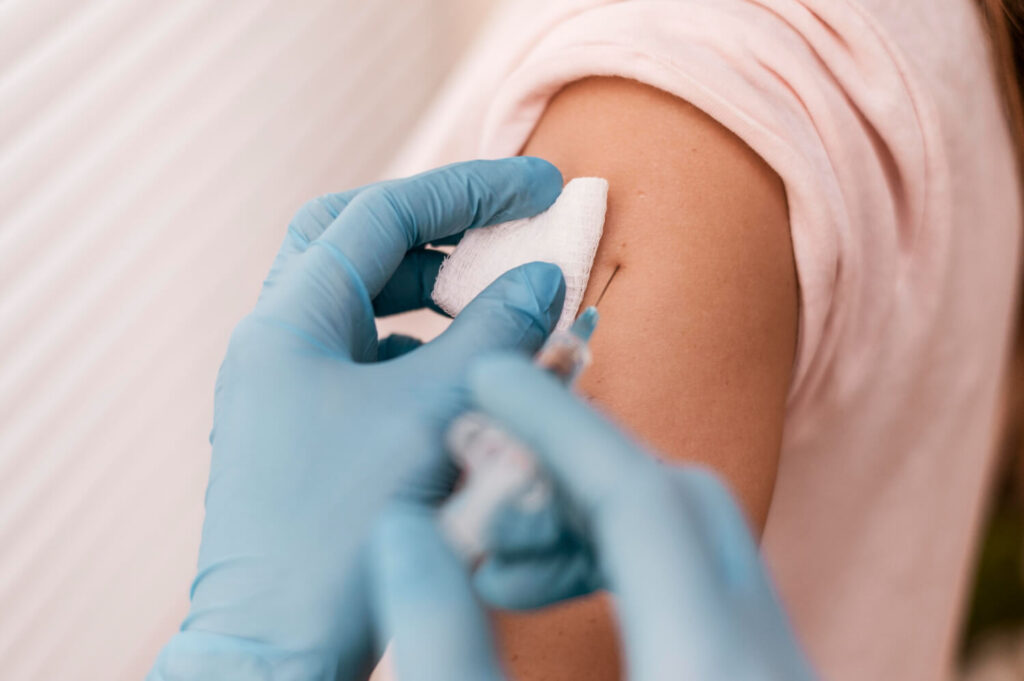
Meanwhile, other strategies can also benefit individuals who want to avoid contracting this viral infection. In recent years, innovative strategies have emerged for more effective dengue prevention techniques. These approaches leverage technological advancements and scientific research to tackle the root causes of dengue transmission. Let’s find them out below!
Vaccine Development and Implementation
Whether the individual hasn’t suffered from dengue or has been one of the dengue patients, seeking immunization can help. Vaccines are a crucial tool for dengue prevention. Several dengue vaccines are currently available in some countries, which provide immunity against the four different dengue virus serotypes. Furthermore, dengue vaccination can help reduce the risk of severe disease and hospitalization. It’s best to seek a doctor to schedule the needed immunization for a better overall health.
Genetic Modification of Mosquitoes
Additionally, one promising approach involves genetically modifying mosquitoes to reduce their ability to transmit dengue. Scientists have successfully developed genetically modified mosquitoes, which are incapable of transmitting the virus to humans. These modified mosquitoes could be released into the wild, where they would mate with wild populations and gradually reduce the overall mosquito population.
Community Involvement in Dengue Prevention
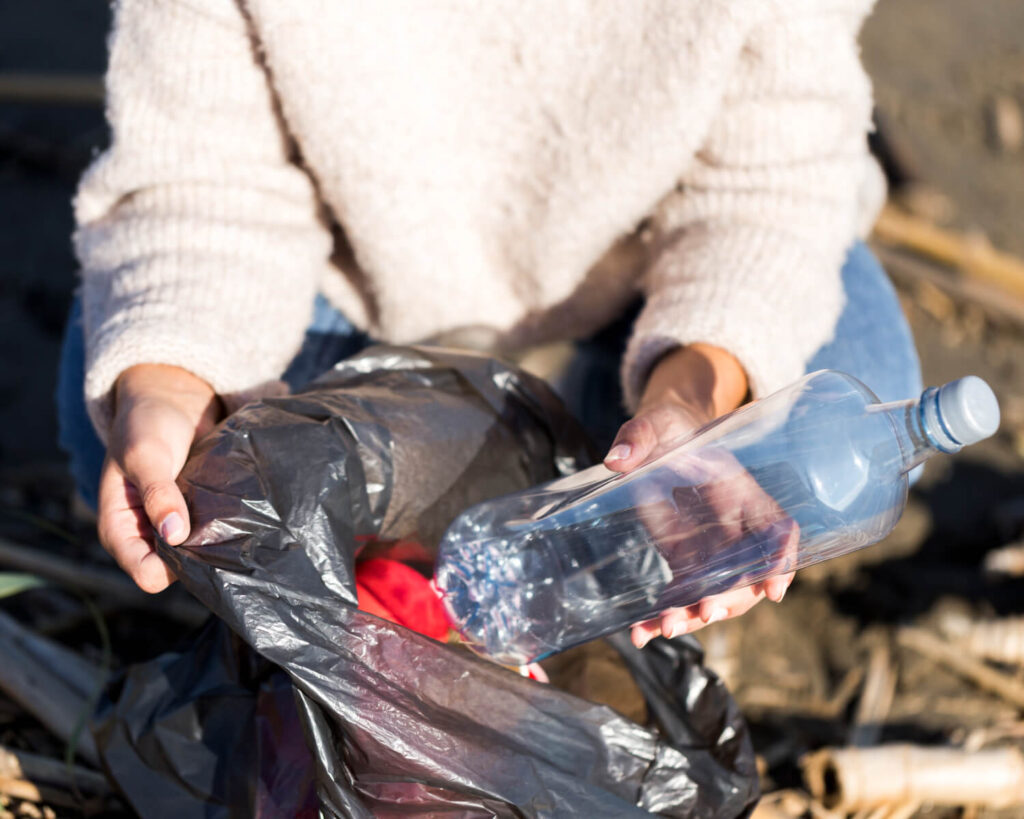
The last approach is the involvement of community awareness about dengue prevention. Preventing dengue requires a collective effort involving individuals, communities, and governments. Community-based initiatives play a vital role in raising awareness, implementing preventive measures, and reducing mosquito breeding sites. Let’s learn about what to do to diminish dengue cases.
Public Awareness Campaigns
One of the ideal options is public awareness campaigns. These campaigns are essential for educating communities about dengue prevention strategies. Furthermore, it can increase everyone’s knowledge about dengue symptoms, mosquito breeding sites, and personal protective measures. Possessing such knowledge can help individuals to take proactive steps for successful dengue prevention.
Effective Waste Management and Water Storage
On the other hand, poor waste management and inadequate water storage practices contribute to mosquito breeding. Letting mosquitoes breed in those areas poses a greater risk to the community. A bite of a mosquito can lead to dengue infection, which means it can spread into the community. In that case, communities must prioritize proper garbage disposal and promote clean and hygienic practices to eliminate potential breeding sites. Additionally, storing water in covered containers and removing stagnant water sources can reduce mosquito populations and prevent dengue transmission.
In Conclusion
Dengue prevention can be achieved by many if they are equipped with the right knowledge. Furthermore, dengue is a global threat, which means individuals must understand the importance of preventing the spread of dengue. The different methods explained earlier are just a few of the effective methods to prevent an outbreak. Simple actions such as cleaning the household can work as dengue prevention. At the same time, considering the protection of immunization can be helpful not only for your family but also for the community where you live.
Do you need to get vaccinated for dengue prevention, it’s best to contact a health expert. Book an online consultation with a doctor for a scheduled vaccine. On the other hand, if you also need more in-depth guidance about dengue, you can also book a consultation with an infectious disease doctor.
Dengue Prevention Quiz
Test your knowledge on protecting yourself and your family
Explanation
